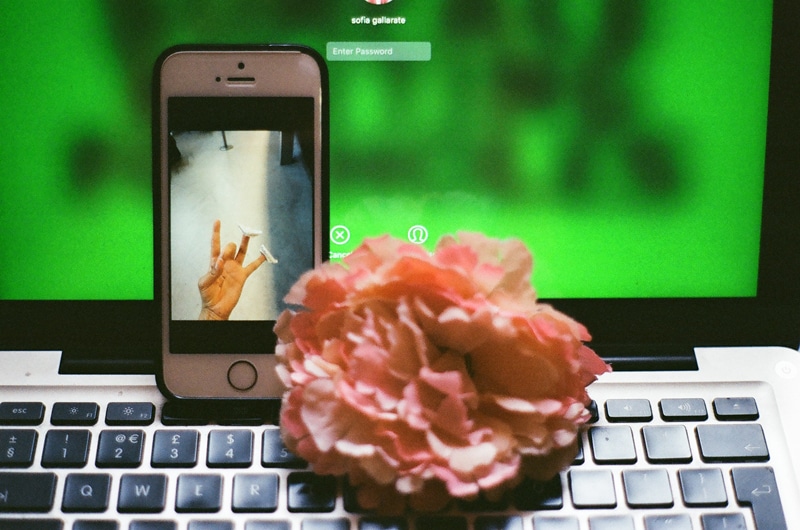When DNA testing meets your music playlist

Collaborations have become the ultimate marketing powerhouse. From food enterprises partnering with influencers to fashion brands collaborating with… well, literally anything, companies have realised that alone you die while together you thrive in today’s over marketed, hyper-saturated world. Just a few days ago, Spotify (which has been leading in collaborations across social media) dropped the news of yet another strange yet not surprising collab: together with the world’s biggest commercial genealogy website, AncestryDNA, the two platforms are offering their clients an opportunity to determine their musical DNA based on their home-testing genetic test results.
Far from being solely used to reveal a baby’s father identity or to collect more evidence from a crime scene, DNA testing today has advanced considerably and is merging with a wide range of sectors that offer information on a person’s life, including a curious trip down ancestry lane and DNA profiling at national borders. The trust we have developed with DNA testing has become so concrete, that in theory, it only makes sense to start selling listeners their own music taste according to their newly discovered genealogy. Once the Spotify account is linked to the AncestryDNA data, the streaming platform creates a brand new playlist that mirrors the DNA results. To give you an example, if you have French and Swedish origins you might end up listening to the new wave band Marie et les Garçons mixed with Scandinavian rap.
“How do we help people experience their culture and not just read about it?” Asks Vineet Mehra, Executive Vice President and chief marketing officer at Ancestry. Music is the answer, apparently. I have to give it to Spotify and AncestryDNA, while I am sceptical as to whether this is ethnic stereotyping in the making, with the recent public fascination with ancestry (the commercial DNA testing industry is set to be valued at £261 million by 2020), a music playlist that is not only based on existing algorithms such as songs you might have played and artists your friends follow, but that are enriched with tracks from the cultures your ancestors came from the companies have quite frankly tapped into a genius way of capitalising on this growing trend.
There is nothing immediately harmful in the collaboration between these two platforms—apart from the usual privacy concerns we apparently no longer really care about—but I do wonder how can DNA dictate one’s taste? I see why the project could be a shortcut to discover music that would otherwise remain unknown and set me on a journey into my ancestors’ rhythmic past. And I get it, we are all curious to find out that our family history is much more exciting than we like to admit. But I ultimately struggle to accept that something so personal and subjective such as my music taste, can be dictated by a power marketing alliance between two companies and their data-based assumptions (most probably correct) on what I should like because I have some French in my overtly Italian blood.
According to Spotify, a person’s musical DNA is the breakdown of genres that derive from one’s listening habits, which I believe is informed by experiences, taste, feelings; where I chose to rent a flat in London, the cafe I like going to and other elements whose origins are much complex than ethnicity and geographical roots. Yet I have to admit that if I am right, then how come our music taste has suddenly become so predictable? While I haven’t matched my AncestryDNA test with Spotify (yet), I have no doubt the tracks that will brighten my playlist will be spot on to my taste.
The Italian philosopher Franco Bifo Berardi once said that in the algorithm era there is no space left for the unpredictable and that our present is informed by pre-existing models. The collaboration between Spotify and AncestryDNA, while being an undeniably savvy merge, feels like yet another step towards a future where even the most random and uncertain traits of our personalities become utterly predictable.




